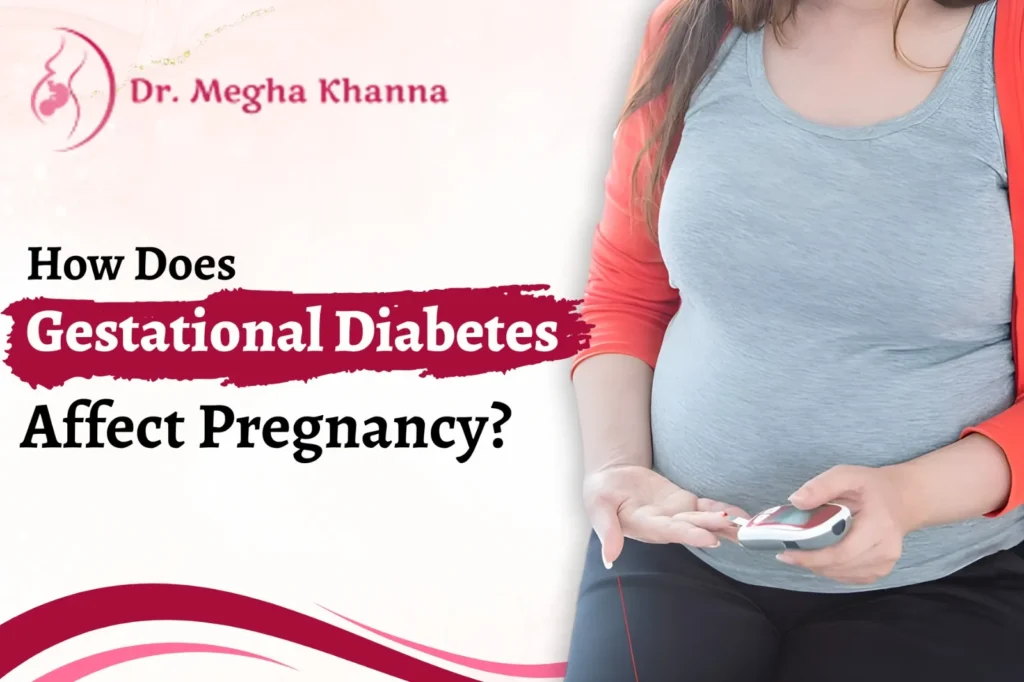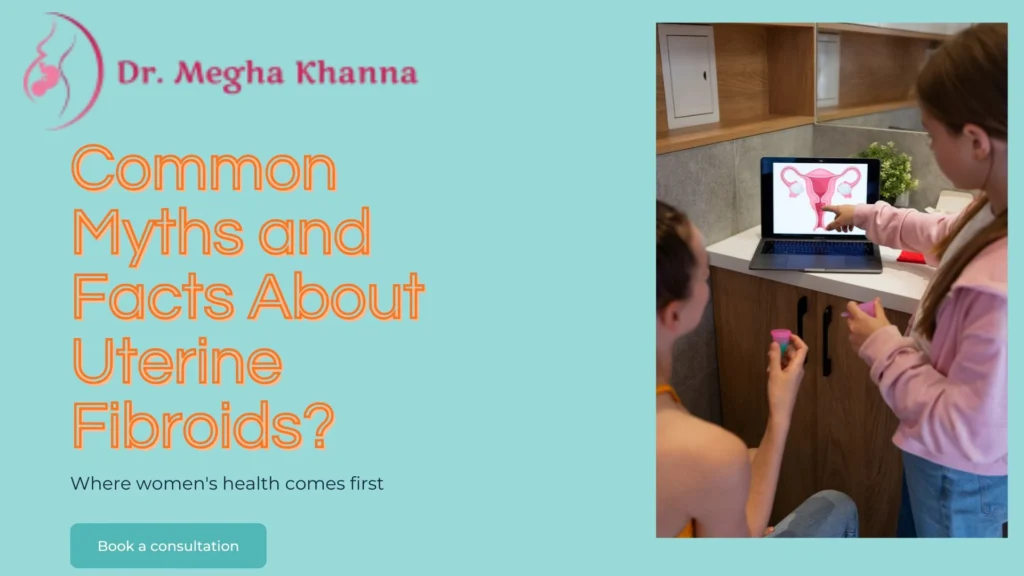-
Ganesh Talkies, Kolkata
Ganesh Talkies, Kolkata

MeghaKhanna
18.02.2026
Living with endometriosis can be painful, but expert care from the best lady gynecologist in Kolkata makes motherhood possible. With advanced Treatment of Endometriosis, women receive personalized fertility-focused solutions. Early diagnosis, minimally invasive procedures, and hormonal balance therapies significantly improve conception chances and reproductive health outcomes. Many women fear infertility after diagnosis. The best lady gynecologist in Kolkata emphasizes that timely Treatment of Endometriosis improves pregnancy success rates. With proper medical care, lifestyle changes, and fertility monitoring, many women conceive naturally or with assisted reproductive support safely and successfully. What is From Pain to Parenthood: Understanding Pregnancy with Endometriosis ?Understanding Endometriosis and FertilityWhat Happens in Endometriosis?How Endometriosis Affects Pregnancy?Possible ChallengesStages of EndometriosisSigns You Should Not Ignore Treatment Options to Improve Fertility1. Hormonal Therapy2. Pain Management3. Laparoscopic Surgery4. Assisted Reproductive Techniques (ART)Can You Get Pregnant with Endometriosis?Lifestyle Tips to Boost FertilityEmotional Health & SupportPregnancy After Surgery: What to Expect?When to Seek Immediate Medical Advice?Why Choose Dr Megha Khanna?FAQs for Dr Megha Khanna What is From Pain to Parenthood: Understanding Pregnancy with Endometriosis ? pelvic inflammatory disease is a condition where tissue similar to the uterine lining grows outside the uterus, causing pain, inflammation, and sometimes fertility challenges. Understanding symptoms, diagnosis, and treatment of Adenomyosis helps women plan pregnancy strategically and improve reproductive outcomes under expert medical supervision. Understanding Endometriosis and Fertility What Happens in Endometriosis? Endometrial-like tissue grows outside the uterus Causes inflammation and scar tissue May block fallopian tubes Affects ovulation and implantation The best lady gynecologist in Kolkata provides comprehensive evaluation to determine severity and fertility impact before recommending appropriate Treatment of uterus disease. How Endometriosis Affects Pregnancy? Possible Challenges Difficulty conceiving Irregular ovulation Pelvic adhesions Hormonal imbalance Increased miscarriage risk (in severe cases) However, many women with mild to moderate ovarian cysts conceive naturally with proper guidance. Stages of Endometriosis StageSeverityFertility ImpactTreatment ApproachStage IMinimalLow impactMedicationStage IIMildModerateHormonal therapyStage IIIModerateHigher riskLaparoscopic removalStage IVSevereSignificantSurgical + IVF support Early pelvic inflammatory disease increases pregnancy possibilities significantly. Signs You Should Not Ignore Severe menstrual cramps Pain during intercourse Heavy periods Chronic pelvic pain Difficulty conceiving after 12 months Consulting the best lady gynecologist in Kolkata ensures early intervention. Treatment Options to Improve Fertility 1. Hormonal Therapy Balances estrogen and reduces lesion growth. 2. Pain Management Improves quality of life during conception attempts. 3. Laparoscopic Surgery Removes scar tissue and improves reproductive organ function. 4. Assisted Reproductive Techniques (ART) IVF may be recommended in advanced...

MeghaKhanna
12.02.2026
Advanced Pelvic Organ Prolapse Surgery in Kolkata: Treatment & Recovery Guide 2026 Pelvic organ prolapse (POP) affects many women due to childbirth, aging, or weakened pelvic muscles and you must know about Pelvic Pressure.. In 2026, advanced minimally invasive procedures offer safer recovery and long-term relief. Dr. Megha Khanna, recognized among the best lady gynecologist in Kolkata, provides evidence-based surgical and non-surgical solutions with patient-focused care, ensuring accurate diagnosis and personalized treatment planning. Pelvic organ prolapse occurs when pelvic organs like the uterus, bladder, or rectum descend due to weakened pelvic floor muscles. Surgery aims to restore normal anatomical position, relieve symptoms, and improve quality of life. Consulting the best lady gynecologist in Kolkata ensures proper staging, imaging evaluation, and selection of the safest surgical method. Understanding Pelvic Organ Prolapse (POP) and Pelvic Pressure1. Types of ProlapseCommon SymptomsQuick Facts About POP SurgeryDiagnosis & EvaluationTreatment Options in 2026 for Pelvic Pressure Non-Surgical Options Surgical Treatments Vaginal Repair SurgeryLaparoscopic Prolapse Repair Robotic-Assisted Surgery (2026 Advanced Care)Benefits of Modern Prolapse SurgeryRisk Factors for Pelvic Organ ProlapseRecovery Guidelines After Surgery First 2 Weeks 4–6 Weeks Long-Term CareComparison of Surgical ApproachesWhy Early Treatment Matters?Preventive MeasuresFinal Takeaway Understanding Pelvic Organ Prolapse (POP) and Pelvic Pressure 1. Types of Prolapse Uterine Prolapse – Uterus slips into vaginal canal Cystocele – Bladder bulges into vagina Rectocele – Rectum pushes into vaginal wall Vault Prolapse – Vaginal top drops after hysterectomy Common Symptoms Feeling of heaviness in pelvis Visible bulge from vagina Urinary leakage Difficulty in bowel movement Lower back pain Pain during intercourse Quick Facts About POP Surgery Restores pelvic organ position Strengthens weakened pelvic floor Can be vaginal, laparoscopic, or robotic Recovery: 2–6 weeks (depending on type) High success rate with proper follow-up Diagnosis & Evaluation TestPurposeWhen RequiredPelvic ExaminationStage prolapseInitial visitUltrasoundCheck organ positionModerate casesMRI PelvisDetailed imagingComplex casesUrodynamic StudyBladder function testUrinary symptoms Early evaluation improves surgical outcomes. Treatment Options in 2026 for Pelvic Pressure Non-Surgical Options Pelvic floor exercises (Kegels) Pessary insertion Hormonal therapy (if menopausal) Surgical Treatments Vaginal Repair Surgery Traditional method Short hospital stay Laparoscopic Prolapse Repair Minimally invasive Smaller incisions Faster recovery Robotic-Assisted Surgery (2026 Advanced Care) Precision correction Reduced blood loss Shorter recovery time Dr. Megha Khanna uses modern techniques aligned with global gynecological surgical standards. Benefits of Modern Prolapse Surgery Improved bladder control Reduced pelvic pain Enhanced quality of life Long-term anatomical correction Minimal scarring (laparoscopic/robotic) Risk Factors for Pelvic Organ Prolapse Multiple vaginal deliveries Chronic constipation Obesity Menopause Heavy...

Admin
06.02.2026
Hello Reader! Welcome to the blog page of Dr. Megha Khanna, one of the best lady gynecologist in Kolkata. Pregnancy is a beautiful journey, but it also brings significant hormonal and metabolic changes in a woman’s body. One such condition that can develop during pregnancy is gestational diabetes. As the best lady gynecologist in Kolkata, I often counsel expecting mothers who are anxious after being diagnosed with this condition. The good news is—with proper care, awareness, and medical guidance—gestational diabetes can be effectively managed to ensure a healthy pregnancy and baby. What Is Gestational Diabetes?Why Does Gestational Diabetes Occur During Pregnancy?How Gestational Diabetes Affects the MotherHow Gestational Diabetes Affects the BabyDiagnosis of Gestational DiabetesManaging Gestational Diabetes During PregnancyCan Gestational Diabetes Be Prevented?What Happens After Delivery?What are the best diet and lifestyle tips to manage gestational diabetes?Key Dietary PrinciplesRecommended FoodsMeal Timing and Sample PlanLifestyle ModificationsMonitoring and PrecautionsRisk factors and who is most likely to develop gestational diabetesPrimary Risk FactorsAdditional ContributorsHow to prevent gestational diabetes in high-risk pregnancies in India?Preconception and Early StepsDietary StrategiesExercise and Lifestyle HabitsMonitoring and Long-Term PreventionWhat medical nutrition therapy is recommended for GDM in India?Core MNT PrinciplesRecommended Food GroupsFAQ1. What is gestational diabetes?2. How does gestational diabetes affect the baby?3. Can gestational diabetes cause complications for the mother?4. How is gestational diabetes managed during pregnancy?5. Does gestational diabetes go away after delivery?Final Thoughts What Is Gestational Diabetes? Gestational diabetes is a type of diabetes that develops during pregnancy, usually in the second or third trimester. It occurs when pregnancy hormones interfere with the body’s ability to use insulin effectively, leading to high blood sugar levels. Unlike type 1 or type 2 diabetes, gestational diabetes usually disappears after delivery, but it still requires careful monitoring. Why Does Gestational Diabetes Occur During Pregnancy? During pregnancy, the placenta produces hormones that help the baby grow. However, these hormones can also block insulin action in the mother’s body. When insulin resistance increases and the pancreas cannot produce enough insulin to maintain normal blood sugar levels, gestational diabetes develops. Some common risk factors include: Family history of diabetes Obesity or excessive weight gain during pregnancy Polycystic Ovary Syndrome (PCOS) Advanced maternal age History of gestational diabetes in a previous pregnancy Consulting the best lady gynecologist in Kolkata early in pregnancy can help identify these risk factors and ensure timely screening. How Gestational Diabetes Affects the Mother If not managed properly, gestational diabetes can...

MeghaKhanna
27.01.2026
(Expert insights from the best lady gynecologist in Kolkata & leading Diagnostic Hysteroscopy surgeon in Kolkata).Uterine fibroids are among the most common gynecological conditions affecting women—yet they are also one of the most misunderstood. Many women delay diagnosis or treatment because of fear, misinformation, or myths passed down through friends, family, or the internet. At the clinic of Dr. Megha Khanna, a trusted name as the best lady gynecologist in Kolkata and an expert Diagnostic Hysteroscopy surgeon in Kolkata, we regularly see women whose condition worsened simply because they believed a myth. So let’s clear the confusion once and for all. This comprehensive guide answers the most searched question:“What are Common Myths (and Facts) About Uterine Fibroids?” What Are Uterine Fibroids? (Quick Medical Overview)Why So Many Myths Exist About Fibroids?Common Myths (and Facts) About Uterine Fibroids Myth 1: Fibroids Are Always CancerousFact:Myth 2: You’ll Always Know If You Have FibroidsFact:Myth 3: Fibroids Always Cause InfertilityFact:Myth 4: Surgery Is the Only Treatment Fact:Myth 5: Fibroids Always Grow Bigger Fact:Myth 6: Heavy Periods Are Normal If You Have Fibroids Fact:Myth 7: Fibroids Always Need to Be Removed Fact:Fibroids Mean Hysterectomy Fact:Myth 9: Fibroids Are Caused by Stress or Lifestyle AloneFact:Myth 10: Fibroids Go Away With Home Remedies Fact: Myths vs Facts About Uterine FibroidsRole of Diagnostic Hysteroscopy in FibroidsWhy Diagnostic Hysteroscopy Matters?Why Choose Dr. Megha Khanna?Symptoms That Should Never Be IgnoredTypes of Fibroids (Simplified)Final Words: Knowledge Is the Best TreatmentFAQs What Are Uterine Fibroids? (Quick Medical Overview) Uterine fibroids (also called leiomyomas) are: Non-cancerous growths Made of muscle and connective tissue That develop in or around the uterus They vary in: Size (from pea-sized to melon-sized) Number (single or multiple) Location (inside, within, or outside the uterus) Fibroids are extremely common, especially among women aged 30–50 years. Why So Many Myths Exist About Fibroids? Fibroids often: Cause vague symptoms Affect fertility differently in each woman Are detected incidentally Do not always require surgery This variability leads to misinformation, making it essential to rely on an experienced Diagnostic Hysteroscopy surgeon in Kolkata like Dr. Megha Khanna for accurate diagnosis. Common Myths (and Facts) About Uterine Fibroids Myth 1: Fibroids Are Always Cancerous Fact: Uterine fibroids are almost always benign. Less than 1% turn cancerous Cancerous fibroids (leiomyosarcoma) are extremely rare Routine monitoring is usually sufficient Early evaluation by the best lady gynecologist in Kolkata ensures peace of mind and safe care. Myth 2: You’ll Always Know If You Have Fibroids Fact:...